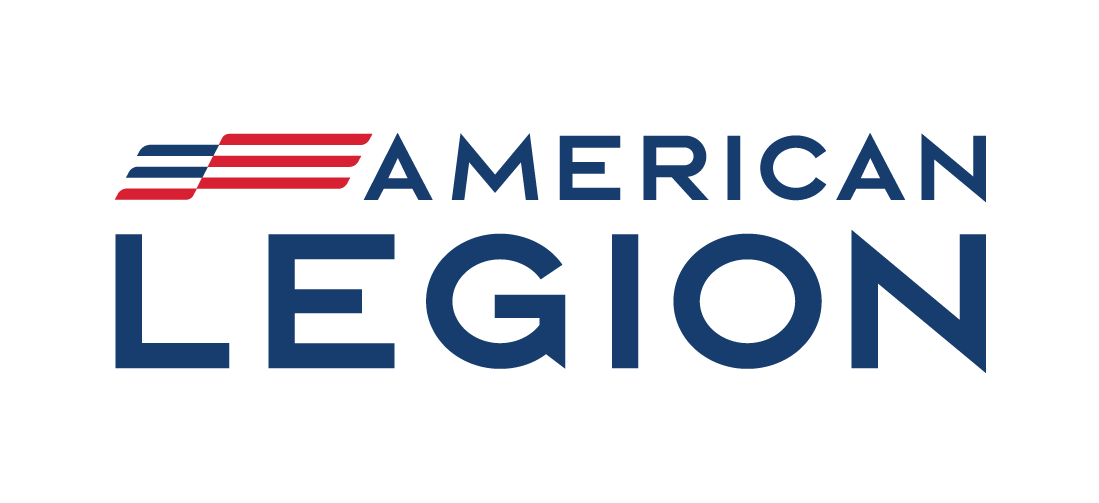Service officer Job Description
The following is in our by-laws defining the role of the Service Officer.
Section II. Post Service Officer
a. The Post Service Officer shall perform such duties as are normally
and usually incident to his office, carrying out such activities as
directed by the Post Commander and Executive Committee.
Service Office – Job description from National
In naming the Service Officer, each Post creates the most vital link in a nationwide network of American Legion service to America’s Veterans. Through the Service Officer, the Post can provide your community with a unique service.
The duties of the Post Service officer call for a competent and dedicated person, preferably one who can serve indefinitely, and should have a deep interest in fellow Veterans, the Post, and community. If the Service Officer is readily available to those needing assistance, it will be helpful. Electing someone that works and lives close by will likely improve effectiveness.
A good Service Officer should be retained. The value of a Post Service Officer increases with length of service. As the Service Officers reputation grows, so will the prestige of the organization in your community.
Beyond the Post, The American Legion maintains a full staff of appeals representatives in Washington, D.C., and at the VA Insurance Centers. A small mobile staff of field representatives provides a constant flow of information concerning conditions in VA hospitals, domiciliaries, and regional offices throughout the country.
A team of Legion representatives also provides assistance and oral representation on behalf of former service members of the Armed Forces who petition Department of Defense Boards for review of less than fully honorable discharge or dismissal from the military services. The unit helps Veterans in obtaining decorations and medals through the various Armed Forces and Decoration units.
Every Department has trained Service Officers in various VA regional offices and hospitals in many counties.
The Post Service Officer Guide prepared by the National Veterans Affairs and Rehabilitation Division provides the Service Officer with basic information. Necessary claims forms can be secured from the Department Service Officer. Information will come through Department publications, National Veterans Affairs and Rehabilitation Bulletins, Memorandums, and VA pamphlets. Training schools for Post Service Officers are held periodically in many Departments to increase their knowledge and contacts.
The Post Service Officer is responsible for bringing to the attention of all Veterans and their dependents the rights and benefits granted them by law—law for which the American Legion can accept a major share of credit.
The Service Officer must know how to utilize the expert services available through Legion channels, as well as those of other agencies in his/her community. It takes a dedicated person to get the information to the full-time professionals to make certain that every Veteran and dependents are adequately represented.
With a large segment of today’s Veteran population made up of those who served during the Vietnam and the Persian Gulf Wars, the work of the Service Officer takes on increasing importance. Even more than older Veterans, these men and women are apt to be not too well informed on Veterans programs. The older Veterans will continue to need advice on how to integrate possible Veteran’ benefits with their overall retirement plans. Dependents should be visited as soon as possible after a Veterans death.
These and many other duties are routine to a good Service Officer, but there is more, such as serving as chair of the Veterans Affairs and Rehabilitation or Service committee and working closely with the children and youth committee, Post employment Officer, and the Hospital Visitation Committee. The Auxiliary Unit frequently needs help. The Service Officers report should be a standard part of every meeting.
Every Congress considers legislative matters of importance to Veterans and The American Legion. Working in cooperation with the Post legislative Committee, the Post Service Officer can aid in coordinating the support of the Post with the national effort.
